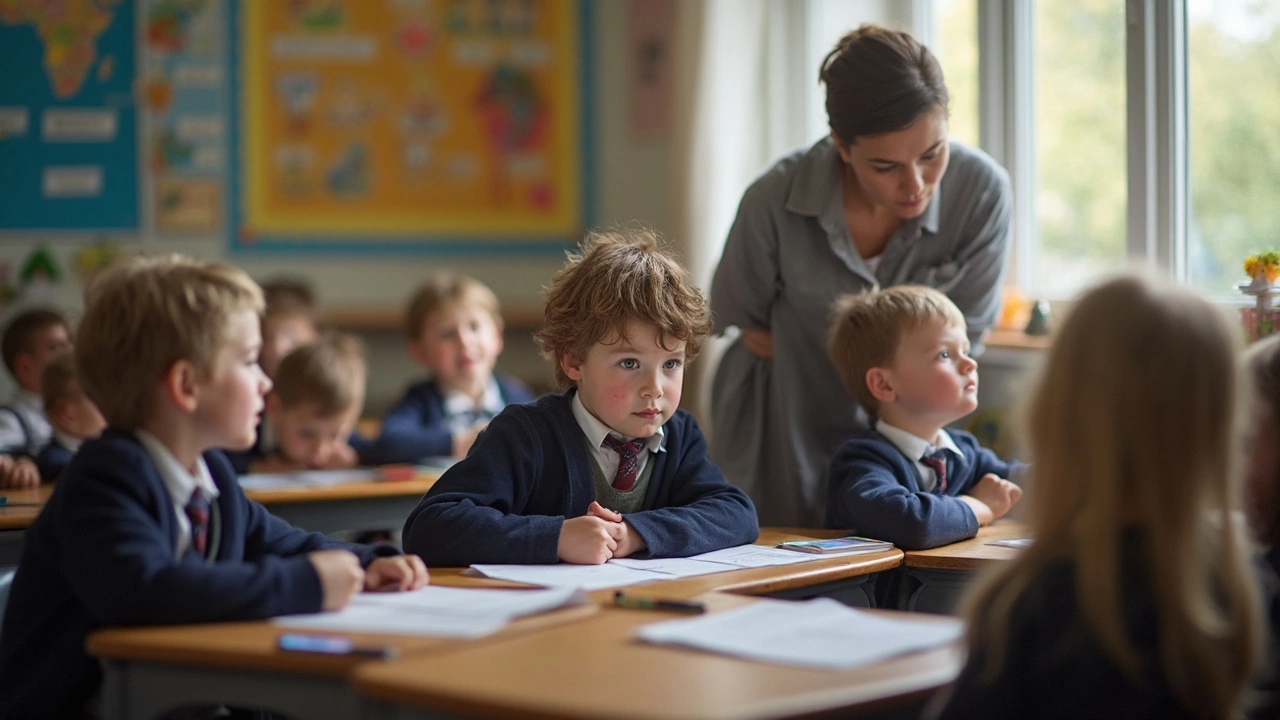Kids Learning Hub: Simple Tips and Resources for Parents and Teachers
Got a curious kid at home or in your classroom? You’re in the right place. This hub gathers real‑world advice that you can use today, whether you’re helping a 5‑year‑old read or a teen plan a science project. No jargon, just clear steps that make learning feel natural and fun.
Everyday Learning Strategies for Kids
Kids learn best when learning fits into their daily routine. Start with short, focused activities—think 10‑minute math drills during breakfast or a quick spelling game before bedtime. Mix up the format: use flashcards, draw concepts, or act them out. Switching modes keeps brains alert and stops boredom from creeping in.
Another easy win is the "one‑question rule" at dinner. Ask each child a simple question about what they learned that day. It reinforces memory and gives you a quick check on understanding. If they struggle, you can spark a deeper conversation later without making it feel like a test.
Make use of free online tools. Websites like Khan Academy or BBC Bitesize let kids explore subjects at their own pace. Set a timer for a 20‑minute session, then discuss what they liked or found tricky. This habit builds confidence and teaches them how to find help when they need it.
Supporting Special Needs and Development
Every child is unique, and a one‑size‑fits‑all approach rarely works. If your child has ADHD, autism, or any learning difference, keep the environment predictable. Use visual schedules that show what’s coming next; it reduces anxiety and improves focus. Simple colour‑coded charts for chores or homework can be a game‑changer.
Break tasks into bite‑size steps. Instead of "do your homework," try "open your math book, solve question 1, then take a five‑minute stretch." Small successes add up and keep motivation high. Pairing a challenging task with a preferred activity—like a quick game after finishing reading—creates a positive reward loop.
Communication matters. Talk to teachers regularly, share what works at home, and ask for specific strategies they use in class. Consistency between school and home makes a huge difference, especially for kids who need extra support.
Finally, celebrate effort, not just results. A high‑five for trying a new concept, even if the answer isn’t perfect, builds a growth mindset. Kids who feel safe to make mistakes become lifelong learners.
Use these tips as a starting point, tweak them for your family or classroom, and watch confidence grow. Learning doesn’t have to be a chore—it can be a daily adventure for every kid.
Do Kids With ADHD Get Tired? What Most People Miss
Kids with ADHD don’t just deal with hyperactivity—they often experience fatigue, even when they seem full of energy. This article breaks down why kids with ADHD get tired, what exhaustion looks like for them, and how it often gets mistaken for laziness or misbehavior. You’ll also find practical tips for parents and teachers to help these kids cope. Understanding the link between ADHD and fatigue can make daily life a lot smoother for everyone involved.
More
